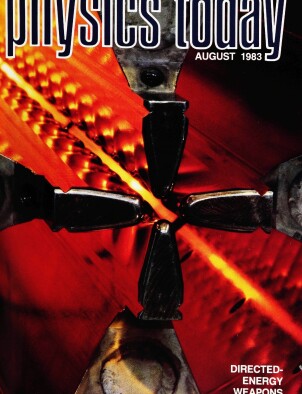Debate on a comprehensive nuclear weapons test ban: Con
DOI: 10.1063/1.880913
We are seeing today an unprecedented public interest in the control of nuclear arms. The resulting plethora of books and articles on all aspects of nuclear weapons and nuclear‐weapon strategies is providing the basis for a new, informed discussion of arms‐control objectives and priorities. While there may be a general desire for the elimination of all nuclear weapons, there is also an appreciation that nuclear weapons will be with us for the foreseeable future, and that we will achieve bilateral and verifiable reductions only over time. The public understands that even as we work for reductions in nuclear arms, those nuclear weapons that do exist should continue to preserve deterrence and stability between the two nuclear‐weapons superpowers, the Soviet Union and the United States. Hence we should measure all proposals for arms control or arms reductions against their ability to reduce the numbers of nuclear weapons while preserving deterrence and stability.
This article is only available in PDF format
More about the authors
Robert B. Barker, Lawrence Livermore National Laboratory.




